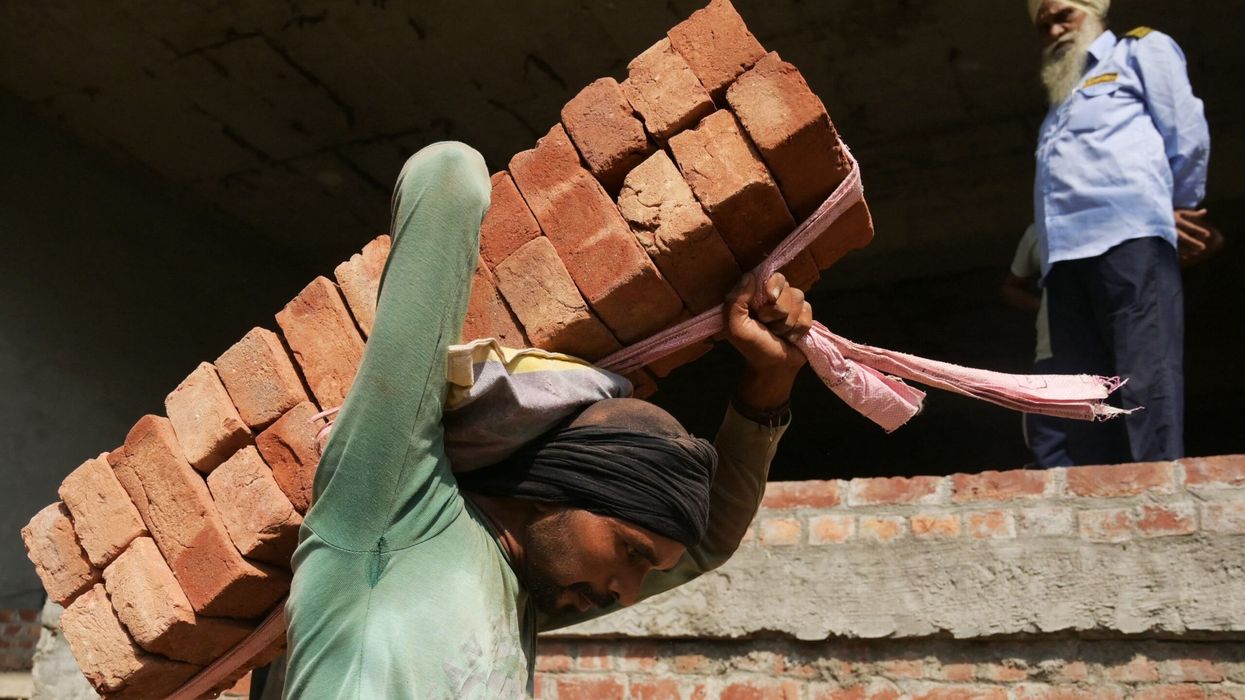INDIA’S prime minister Narendra Modi could make labour reforms, cleared by parliament in 2020, a priority if he wins the upcoming general elections as is widely expected, a spokesperson for his party said on Tuesday (13).
Opinion polls suggest Modi’s Bharatiya Janata Party (BJP) will easily win the next general election due in May, as an opposition alliance struggles to stay together.
Modi said last week he would take “big decisions” in any next term to end poverty and accelerate economic development, but did not give specifics.
He has said it is his “guarantee” that India will rise to the world’s third-largest economy from fifth if he wins the election.
Both houses of parliament approved new labour codes in 2020, but they have yet to be implemented following resistance from worker unions who oppose the easier hiring and firing provisions as well as restrictions on trade unions.
Modi’s government, however, says that bringing 29 disparate laws into four labour codes will ensure that all of the more than 500 million workers in India receive a minimum wage, while a large section of them will also get social security.
“Labour codes need to be notified. It’s necessary; we will do it,” BJP spokesperson Gopal Krishna Agarwal said, referring to an official notification announcing implementation.
“Continuous reforms are required to become an economic power and assume global leadership,” he said.
However, Harbhajan Singh, general secretary of the trade union Hind Mazdoor Sabha, said it would protest any attempt to make India’s labour laws “proemployer instead of pro-labour”.
“We realise that they are waiting for the elections to get over to implement these,” he said. “But we will hold nationwide protests against the government’s anti-labour policies.”
He said similar protests by farmers had forced the government two years ago to repeal three laws aimed at deregulating India’s agricultural markets.
Agarwal said bilateral trade deals with countries would be another focus if Modi gets a rare third straight term.




